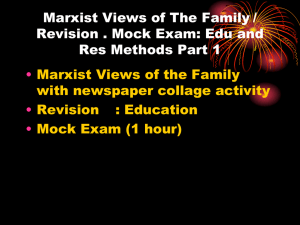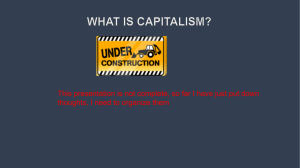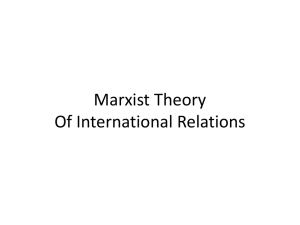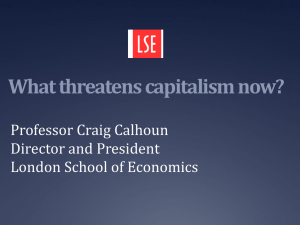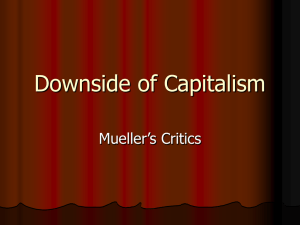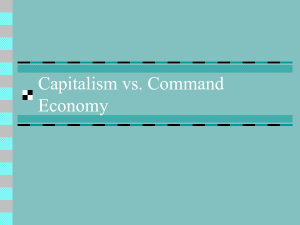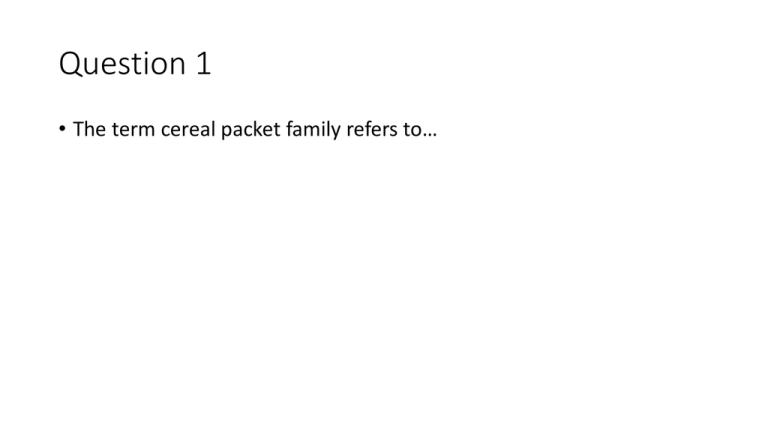
Question 1
• The term cereal packet family refers to…
Options
A - is a socially constructed model laden with assumptions of how
families ought to be
B - is a type of family
C - is a term sociologists use to explain lone parenting
D - is a type of household regularly found in the UK
Question 2
• The first sociologist to arrive at the term cereal packet family was..
Options
A - Parsons
B - Marx
C - Murdoch
D - Leech
E - Smart
Question 3
• Allen and Crow’s research into blended families found..
Options
A - The popularity of blended / reconstituted families is a myth
B - The popularity of blended / reconstituted families is a myth
perpetuated by the New Right
C - The popularity of blended / reconstituted families continues to
increase
D - The term step-family or step-parent will always be more popular
than the term blended or reconstituted family
Question 4
• Sociologist Carol Smart research into blended families found..
Options
A - it was impossible for the step-parent to become a substitute mother
or father and so a new etiquette is emerging
B - it was possible for the step-parent to become a substitute mother
or father after a four-year period
C - it was possible for the step-parent to become a substitute mother or
father and no new etiquette will emerge
D - it was possible for the step-parent to become a substitute mother
or father after a two-year period
Question 5
• According to the New Right lone parent families tend to be..
Options
A - Functional
B - Dysfunctional
C - Efficient
D - Energetic
Question 6
• Sociologists have identified the numerous causes of lone parenthood.
• One method they use is to separate the different causes between
married and non-married individuals. The reason for lone parenthood
with married couples are….
Options
A - may have been living with the parent of the child when the child
was born, but then their relationship terminated
B - divorce; separation; death of a spouse
C - a relationship was formed after the birth of the child, but the
relationship terminated a period of time later
D - society’s acceptance of family diversity
Question 7
• In 2009 Stonewalls research in same sex families found the children
living in such relations:
Options
A - Some children feel that their family is a bit different if they have
lesbian or gay parents but this is something they worried about
B - Some children feel that their family is a bit different if they have
lesbian or gay parents and this is something which hangs like an
albatross around their necks
C - Some children feel that their family is a bit different if they have
lesbian or gay parents but this is something to celebrate, not worry
about
D - Some children feel that their family is a bit different if they have
lesbian or gay parents and this is something which should never be
celebrated
Question 8
• New Right theories of the family are very similar to that of…
Options
A - Radical feminists
B - Marxists
C - Marxist feminists
D - Functionalists
Question 9
• Explain what is meant by a reconstituted family (2marks)
Question 10
• Explain what is meant by segregated conjugal roles (2 marks)
Question 11
• Identify two pieces of evidence in support of the view that .the
nuclear family, even if in slightly modified form, remains very popular
in Britain today (4 marks)
Question 12
• What is a patriarchal family?
Question 13
• Identify Murdock’s four functions of the family
Options
A: Sexual; Reproductive; Economic; Educational
B: Sexual; Housing; Socialisation; Food
C: Cosmetic; Reproduction; Intrinsic; Extrinsic
D: Marxist; Functionalist; Feminist; Radical
Question 14
• How do Marxists view the family?
Options
A: As functioning as well as can be expected
B: The family provides a useful function for women
C: As somewhere men can be sexual fulfilled
D: The family is a tool of capitalism which allows the ruling-class to
exploit the working class
Question 15
• How did Engels view the family?
Options
A: As pointless in a capitalist economy
B: As having a similar function to Murdock
C: It had an economic function allowing the ruling-class to pass their
wealth from one generation to the next
D: As facilitating matriarchal rule within households
Question 16
• What are the two main functions of the family for Parsons?
Options
A: stabilisation of gender and power relations
B: primary socialisation of parents and stabilisation of children’s
personalities
C: primary socialisation of grandparents and the stabilisation of adult
personalities
D: primary socialisation of children & stabilisation of adult
personalities
Question 17
• What do you understand by the term role allocation?
Options
A: within the isolated nuclear family, members are allocated particular
roles
B: within the isolated nuclear family, members have free roles
C: within the isolated nuclear family members are allocated dynamic
roles
D: within the isolated nuclear family members are free to change their
particular roles
Question 18
• Identify and explain Parsons’ ‘isolated nuclear family’
Options
A: Parson’s identified the families in modern industrial society as being
isolated because it they’re only found in the industrial North of Britain
B: Parson’s argued the isolated nuclear family is free from tradition
and so women are better able to find work outside the home
C: The isolated nuclear family is freed from the obligations of wider kin
and therefore is better able to adapt to the requirements of modern
industrial society – such as moving around the country looking for
work
Question 19
• Explain what is meant by the ‘dual burden’ (2 marks)
Answer
• Two marks for a satisfactory explanation or definition, such as when a
person has paid work but is also responsible for domestic labour.
Question 20
• Suggest two reasons why there has been an increase in cohabitation
(4 marks)
Question 21
• When discussing the symmetrical family what was the term used by
Young and Willmott to explain the relationship between husband and
wife? (2 marks)
Question 22
• What is the key feature of Marxist feminism?
Options
A: Marxist feminist emphasise how patriarchy uses the family to oppress
women
B: Marxist feminist emphasise how functionalists use the family to oppress
women
C: Marxist feminists emphasise how capitalism uses the family to oppresses
women
D: Marxist feminist emphasise how same-sex relationships use the family to
oppress women
Question 23
• What does Benston say capitalism turns women into?
Options
A: an unpaid workforce of matriarchs who oppress men through their newfound power
B: Power hungry neurotics
C: an unpaid workforce who are better equipped to change capitalism with
their sexuality
D: an unpaid workforce- who are compliant and willing to do as they’re told
because women have been socialised to act this way
Question 24
• What is the key feature of radical feminism?
Options
A: radical feminists focus squarely on patriarchy as the instrument of
oppression (emasculation) within the home
B: radical feminists focus squarely on matriarchy as the instrument of
oppression (emasculation) within the home
C: radical feminists focus squarely on patriarchy as the instrument of
freedom (emancipation) within the home
Question 25
• What does Delphy and Leonard (1992) argue?
Options
A: it is women rather than capitalism who benefit the most from
exploiting women and the family
B: it is capitalism rather than men who benefit the most from
exploiting women and the family
C: it is men rather than capitalism who benefit the most from
exploiting women and the family
Question 28
• What are the four points Delphy and Leonard identified within the
family which oppress women?
Options
A: Domestic labour; patriarchal media; economic dependency; male
domination
B: Domestic labour; patriarchal media; matriarchal fashion; economic
dependency
C: Domestic labour; Supporting their husbands; Economic dependency;
Male domination
D: Domestic labour; patriarchal media; matriarchal fashion;
matriarchal economy
Question 29
• Marxists like Zaretsky (1976) add more weight to the argument the
family is simply there as an aid to capitalism because……
Options
A - the family is the best place to control the appetites of young
consumers
B - the family socialises family members into societies equal relations of
power between the social classes
C - the family consumes the products of capitalism, which perpetuates
the profits for the ruling-class
D - the family only consumes the products of capitalism that it needs

